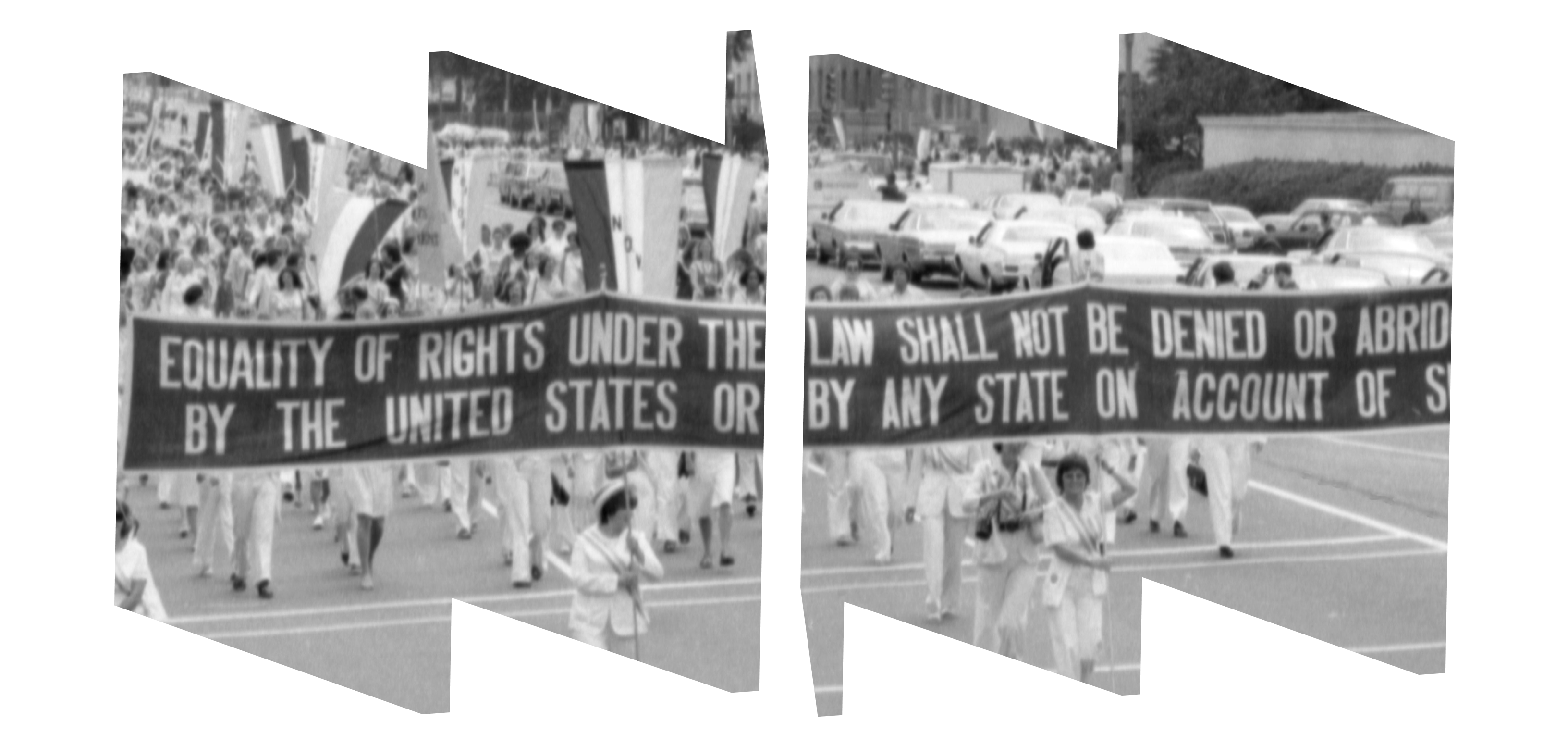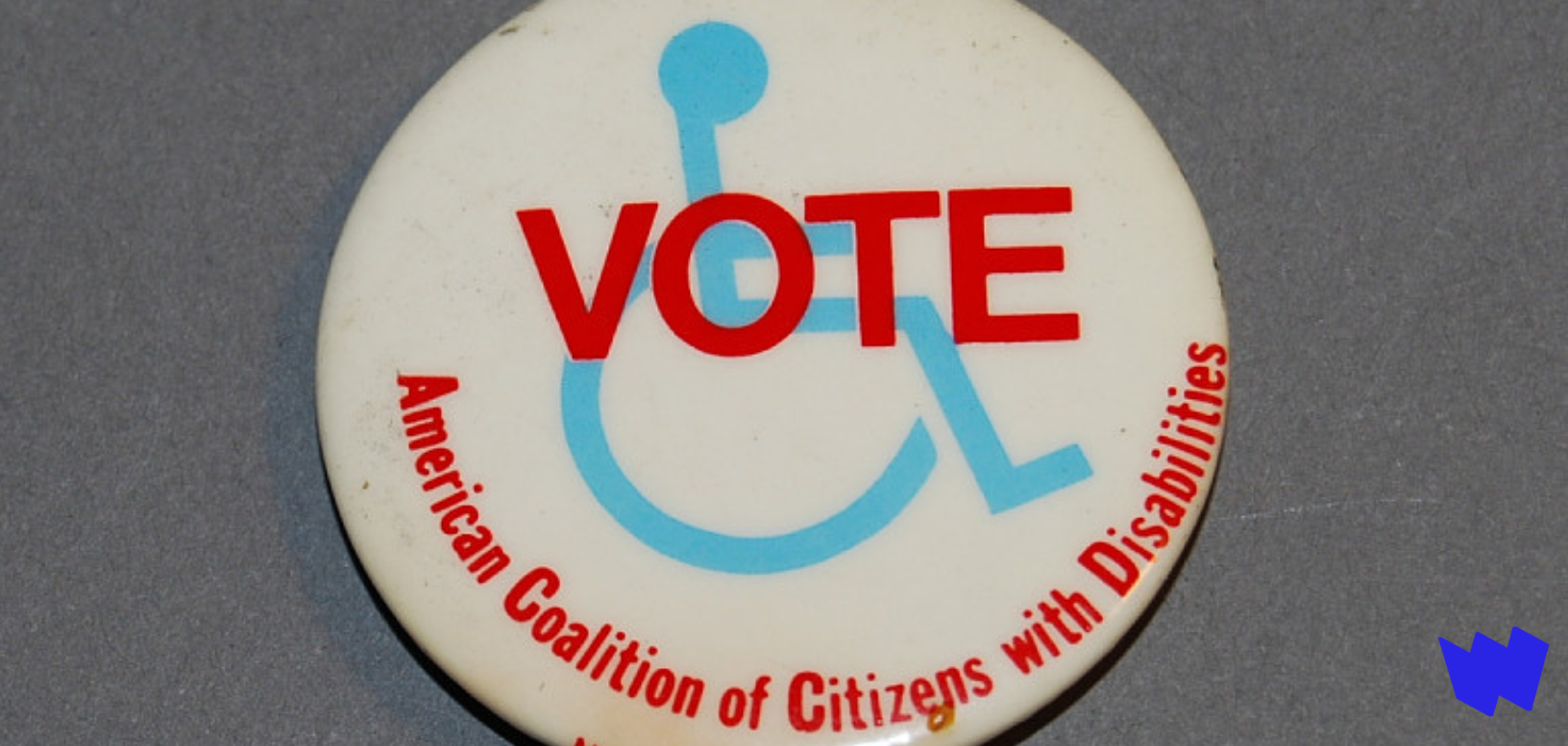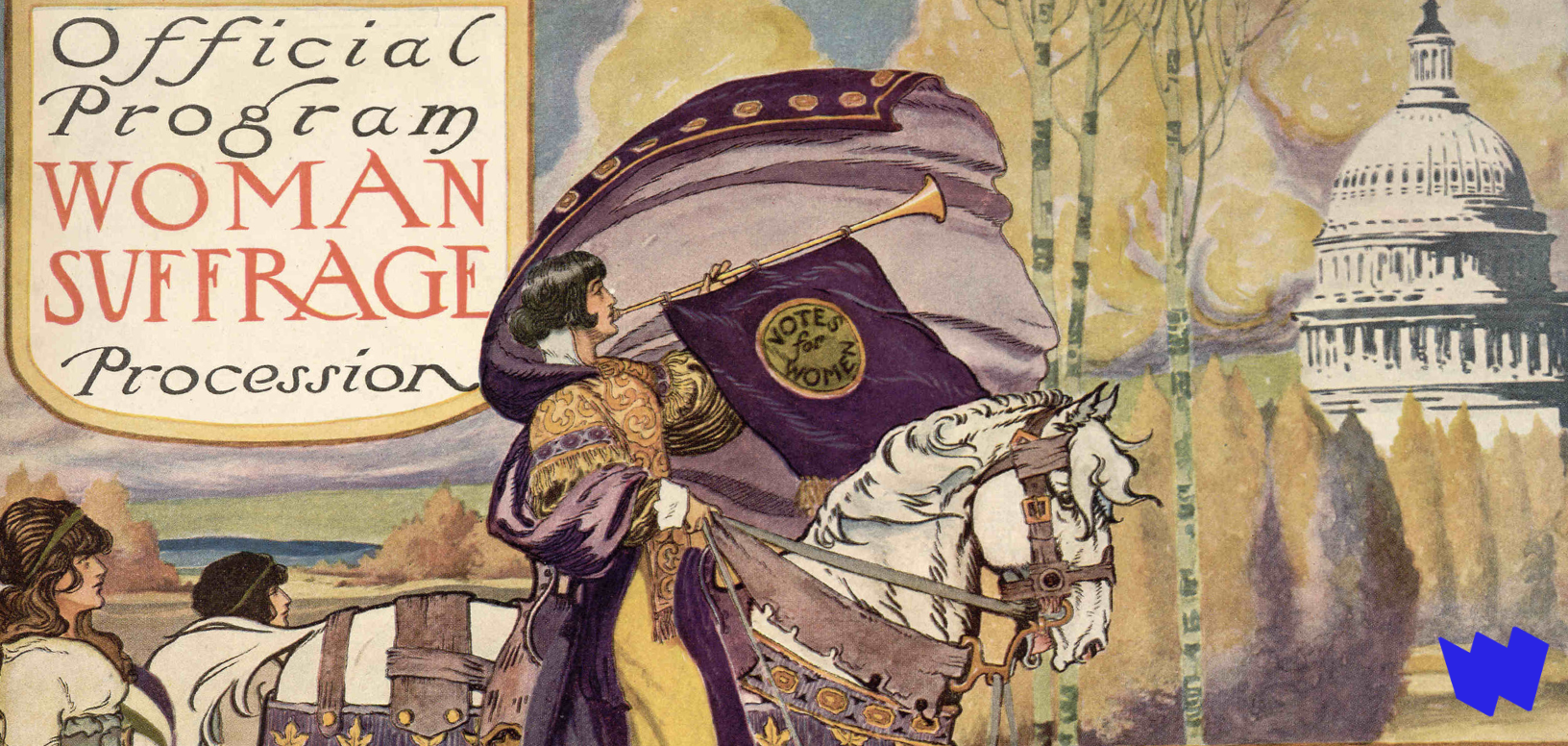From the national halls of Congress to the local streets of Washington, D.C., join the National Women’s History Museum for a virtual tour of the nation’s capital. This guided experience, led by A Tour Of Her Own, will explore historical sites and stories central to women’s political engagement and feminist movements throughout American history.
A Tour Of Her Own (TOHO) is the first tourism company in Washington, D.C. to focus exclusively on women’s history. TOHO specializes in historical tours, special events, consulting and virtual experiences.
Please note: The National Women’s History Museum strives to provide programs that are accessible to all visitors. For questions, or to request accommodations such as an ASL interpreter or closed captioning, please email [email protected] at least 7 days in advance of the program.
As we near Women’s Equality Day and celebrate the ratification of the 19th Amendment, the National Women’s History Museum recognizes that the 19th Amendment did not serve everyone. Join us to learn more about how the fight for the right to vote didn’t end in 1920 and continues today for women in the disability justice community with special guests Michelle Bishop, Professor Rabia Belt, and moderator Professor Cathleen Cahill.
Please note: The National Women’s History Museum strives to provide programs that are accessible to all visitors. For questions, or to request accommodations such as an ASL interpreter or closed captioning, please email [email protected] at least 7 days in advance of the program.
How did women use parading in the streets to further the cause of equal citizenship during the suffrage movement? Join Dr. Emma Rothberg, associate educator for digital learning and innovation, on a guest curator-led virtual tour of the NWHM’s popular online exhibition, Parading for Progress, as we explore how parading has traditionally been used as a tool of activism.
Please note: The National Women’s History Museum strives to provide programs that are accessible to all visitors. For questions, or to request accommodations such as an ASL interpreter or closed captioning, please email [email protected] at least 7 days in advance of the program.


